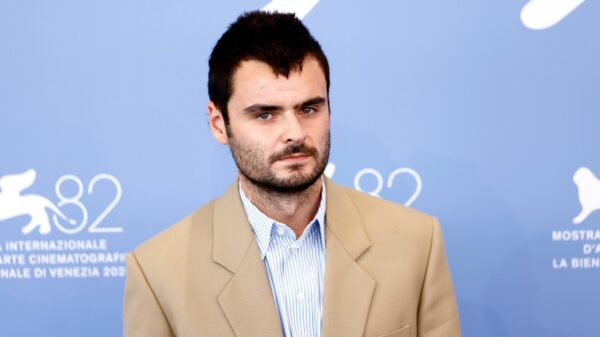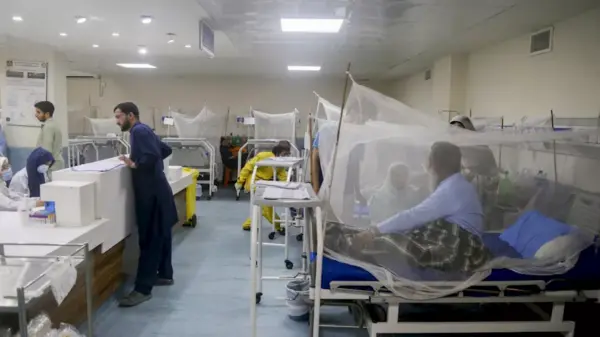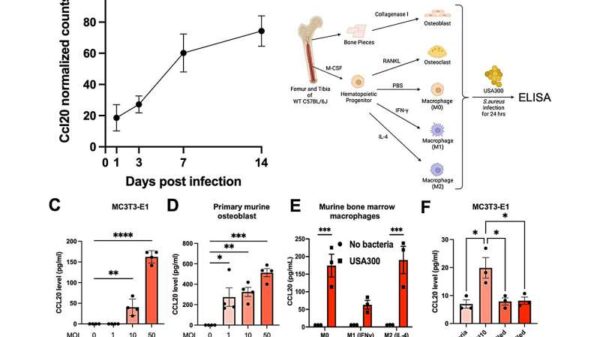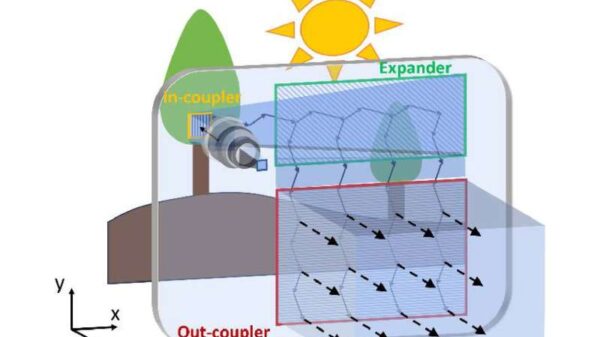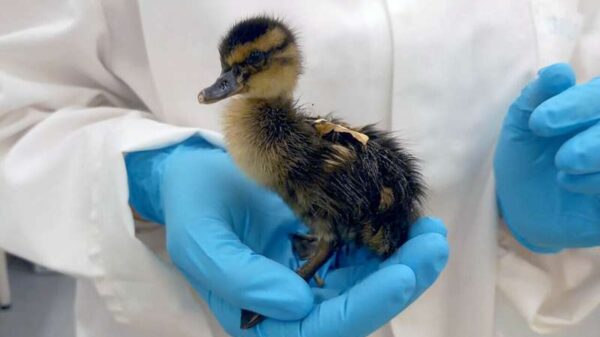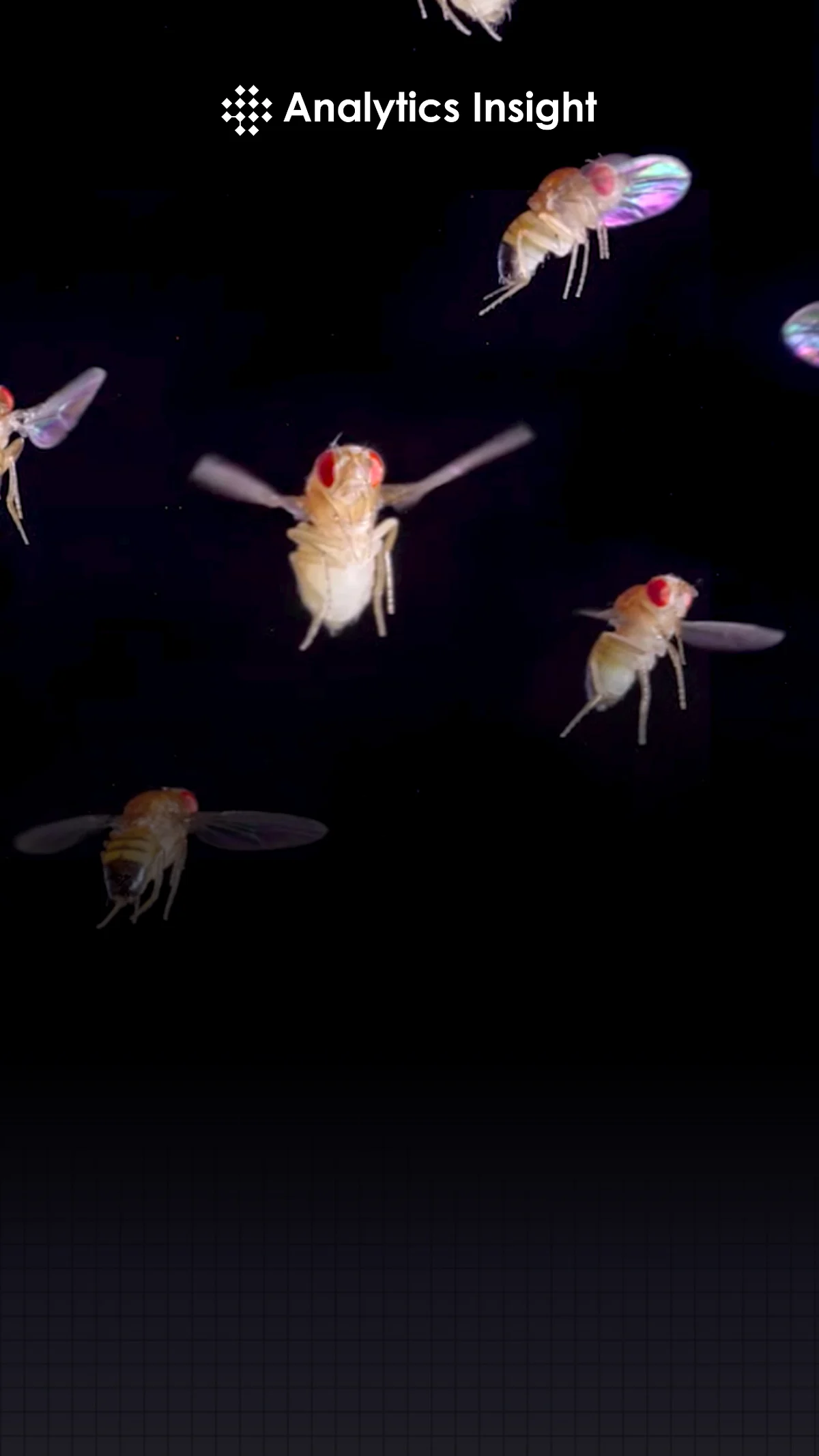Russia’s recent space mission, the Bion-M No. 2, has successfully launched 75 mice and over 1,000 fruit flies into orbit. This ambitious project aims to study the effects of microgravity and cosmic radiation on living organisms. The launch took place on October 5, 2023, and marks a significant step in understanding how space conditions affect biological processes.
The Bion-M No. 2 mission is part of a broader initiative to enhance knowledge of space biology. The experiment is expected to provide valuable insights into how microgravity influences genetic expression and cellular functionality. This data could be crucial for future long-duration space missions, especially as human exploration of Mars and beyond becomes a reality.
Understanding the Mission’s Objectives
The primary goal of sending these organisms into space is to observe their responses to the unique environment of low gravity. According to the Russian space agency, Roscosmos, the mission will enable scientists to gather data on growth patterns, reproductive health, and overall biological responses to space conditions. This research is vital for preparing for human missions that may last several years.
The Bion-M No. 2 mission also aims to investigate the impact of cosmic radiation. In space, organisms are exposed to higher levels of radiation than on Earth, which can disrupt cellular processes and increase the risk of mutations. By studying how mice and fruit flies adapt to these conditions, researchers hope to develop strategies to protect astronauts during extended missions.
The Significance of Animal Research in Space Exploration
Animal models, such as mice and fruit flies, are essential for space research because they offer insights that can be extrapolated to humans. Fruit flies, in particular, are frequently used in genetic studies due to their short life cycles and well-mapped genomes. The data collected from this mission will help scientists understand the fundamental biological changes that occur in microgravity.
The success of the Bion-M No. 2 mission represents a continuation of Russia’s long-standing tradition of biological research in space. Previous missions have included studies on the effects of microgravity on plants and microorganisms. With this latest launch, the country reinforces its commitment to exploring the complexities of life beyond Earth.
The findings from this mission could have broader implications beyond space exploration. Understanding how organisms cope with extreme environments may inform medical research on aging, cancer, and other health issues on Earth. As space agencies across the globe continue to push the boundaries of human exploration, the knowledge gained from animal studies will be invaluable.
As the world watches this mission unfold, the potential discoveries await in the realm of space biology are exciting. The Bion-M No. 2 not only represents a scientific endeavor but also emphasizes the importance of preparation for the future of human space travel.







